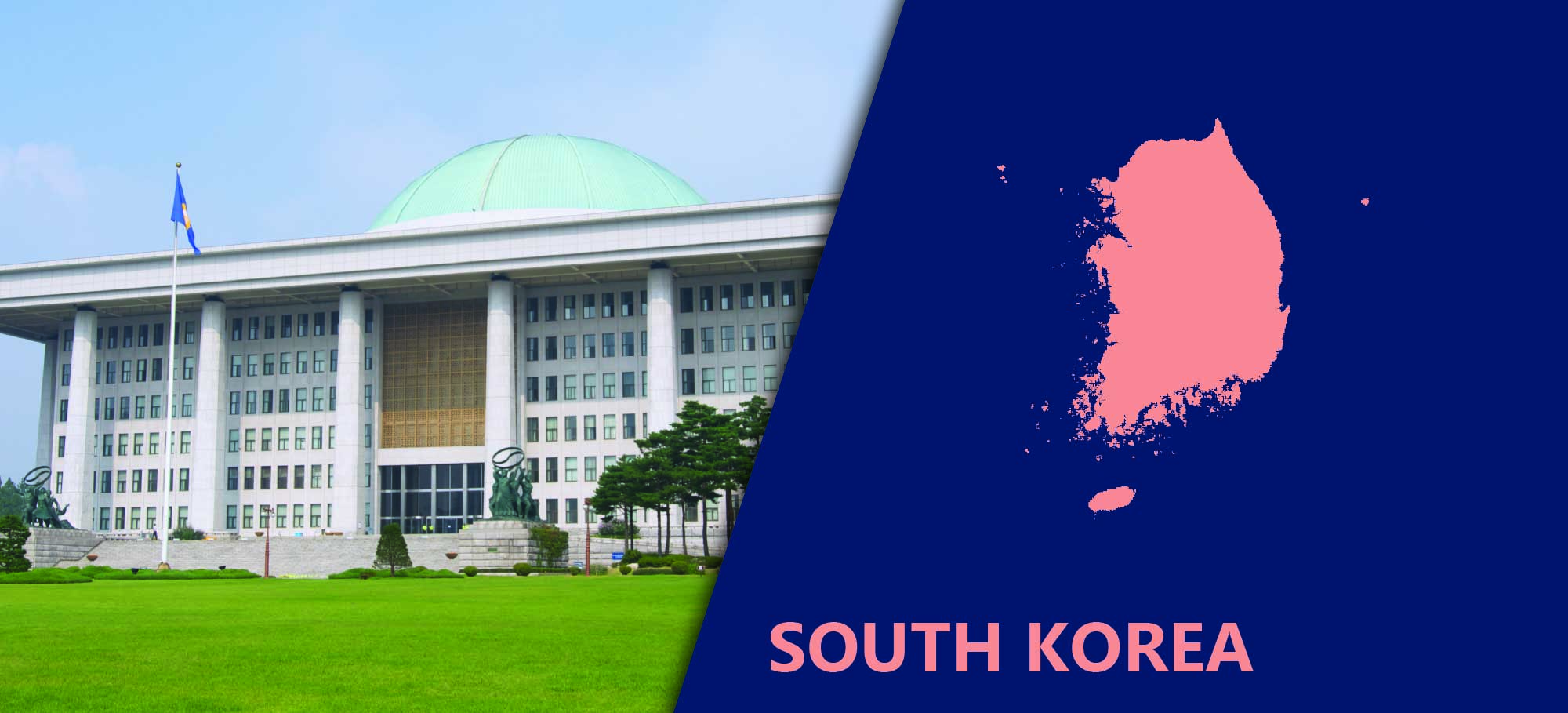
List of Relevant Laws Impacting Free Speech (South Korea) (2015-2022)
Defamation
Under the Criminal Act, the offence of defamation and insult is punishable by imprisonment for expressing facts or feelings (swear words) that may harm the social status of others.
*Criminal Act, Article 307 (Defamation)
(1) A person who defames another by publicly alleging facts shall be punished by imprisonment with or without labor for not more than two years or by a fine not exceeding five million won.
(2) A person who defames another by publicly alleging false facts shall be punished by imprisonment with labor for not more than five years, suspension of qualifications for not more than ten years, or a fine not exceeding ten million won.)
*Criminal Act, Article 311 (Insult)
A person who publicly insults another shall be punished by imprisonment with or without labor for not more than one year or by a fine not exceeding two million won.
National Security
As the National Security Act is prescribed in a way that is excessively ambiguous and abstract, the provision can be abused to restrict political pluralism and freedom of expression.
*National Security Act, Article 7 (Praise, Incitement, etc.)
(1) Any person who praises, incites or propagates the activities of an antigovernment organization, a member thereof or of the person who has received an order from it, or who acts in concert with it, or propagates or instigates a rebellion against the State, with the knowledge of the fact that it may endanger the existence and security of the State or democratic fundamental order, shall be punished by imprisonment for not more than seven years.
The regulation of online content
- Based on the following legislation, online expression can initially be blocked only upon someone’s request, when such expressions should be protected under the presumption of legality. It is known that more than 450,000 Internet postings are blocked annually under this system.
*Act on Promotion of Information and Communications Network Utilization and Information Protection Article 44-2 (Request for Deletion of Information)
(1) Where information provided through an information and communications network purposely to be made public intrudes on other persons’ privacy, defames other persons, or violates other persons’ right otherwise, the victim of such violation may request the provider of information and communications services who handled the information to delete the information or publish a rebuttable statement (hereinafter referred to as “deletion or rebuttal”), presenting explanatory materials supporting the alleged violation.
(2) A provider of information and communications services shall, upon receiving a request for deletion or rebuttal of the information under paragraph (1), delete the information, take a temporary measure, or any other necessary measure, and shall notify the applicant and the publisher of the information immediately. In such cases, the provider of information and communications services shall make it known to users that he/she has taken necessary measures by posting a public notice on the relevant message board or in any other way.
- Based on the following legislation, the Korea Communications Standards Commission (KCSC) can request that information and communication service providers block it from being accessed, which can be sues as an administrative censorship of Internet information.
*Act on the Establishment and Operation of Korea Communications Commission, Article 21 (Duties of the Korea Communications Standards Commission)
Duties of the Korea Communications Standards Commission shall be as follows: 4. Deliberation on information prescribed by Presidential Decree as necessary for nurturing sound communications ethics, from among information disclosed to the public and distributed via telecommunication circuits, or requests for correction;
*Enforcement Decree of the Act On The Establishment And Operation Of Korea Communications Commission, Article 8 (Information Subject to Deliberation by Standards Commission)
(2) Kinds of requests for corrective action under subparagraph 4 of Article 21 of the Act shall be as follows:
- Deletion of the relevant information or blocking access thereto;
- Suspension or termination of the use of the relevant information to users;
Freedom of Expression during the Election Period
Freedom of expression on the offline sphere during the election period is limited by articles 90 and 93(1) of the Public Official Election Act.
* Public Official Election Act, Article 93 (Prohibition of Unlawful Distribution or Posting of Documents and Pictures)
(1) No one shall distribute, post, … or the like which contains the contents supporting, recommending or opposing a political party or candidate … from 180 days before the election day:
Freedom of Expression for Public Officials
Civil servants are prohibited from expressing their political opinions and belonging to a political party under the Political Parties Act, the Public Officials Election Act, the State Public Officials Act and the Local Public Officials Act, and are subject to criminal sanctions.
